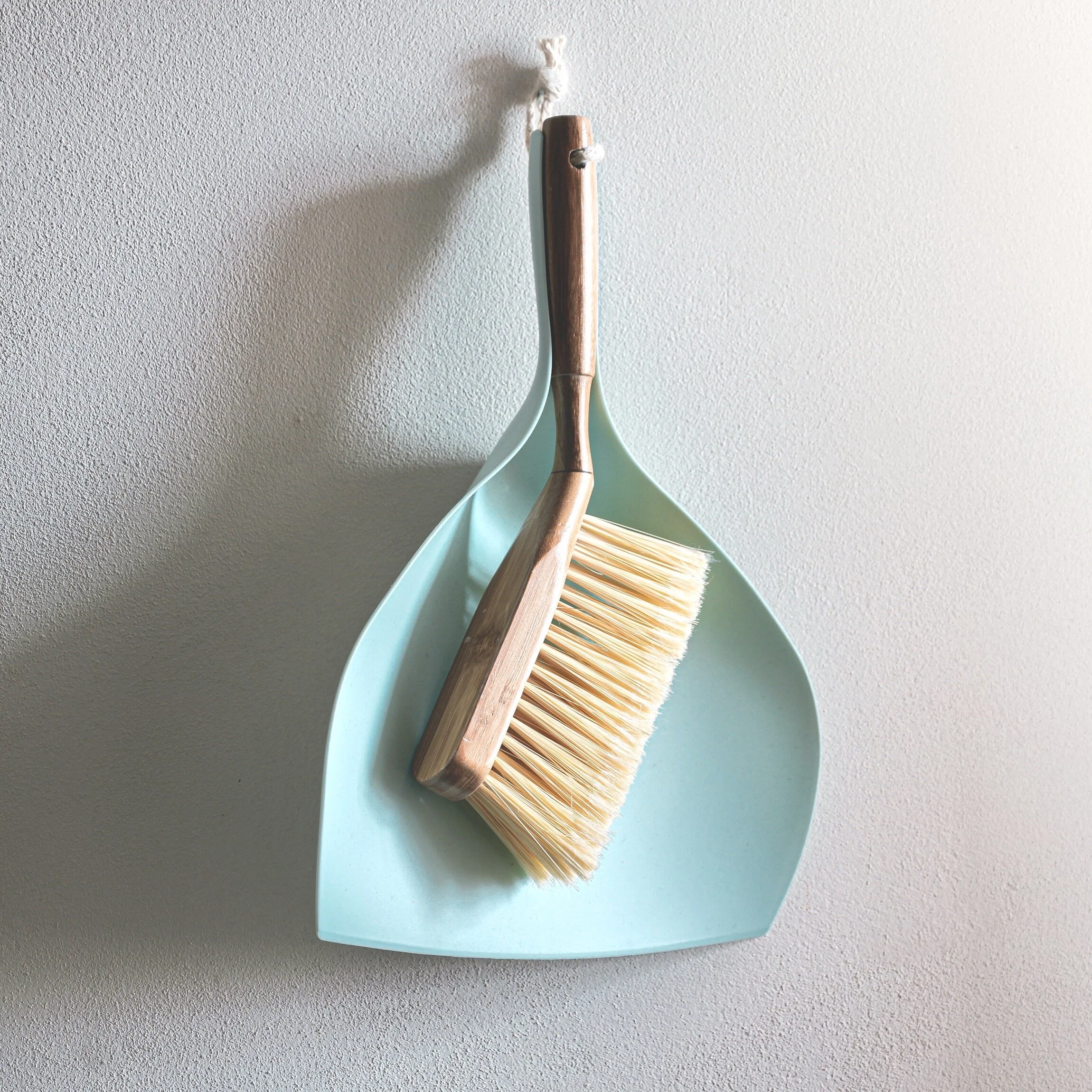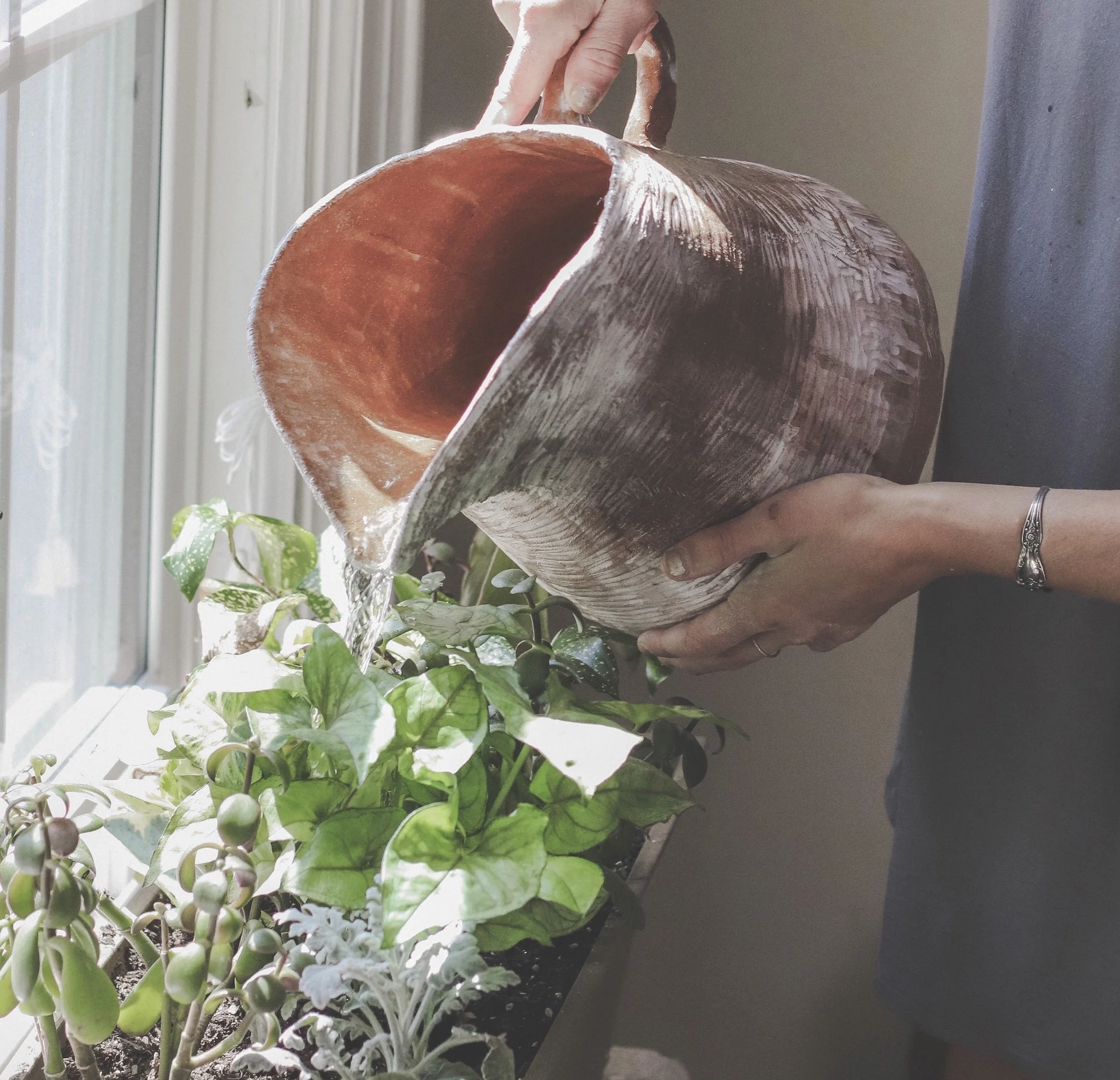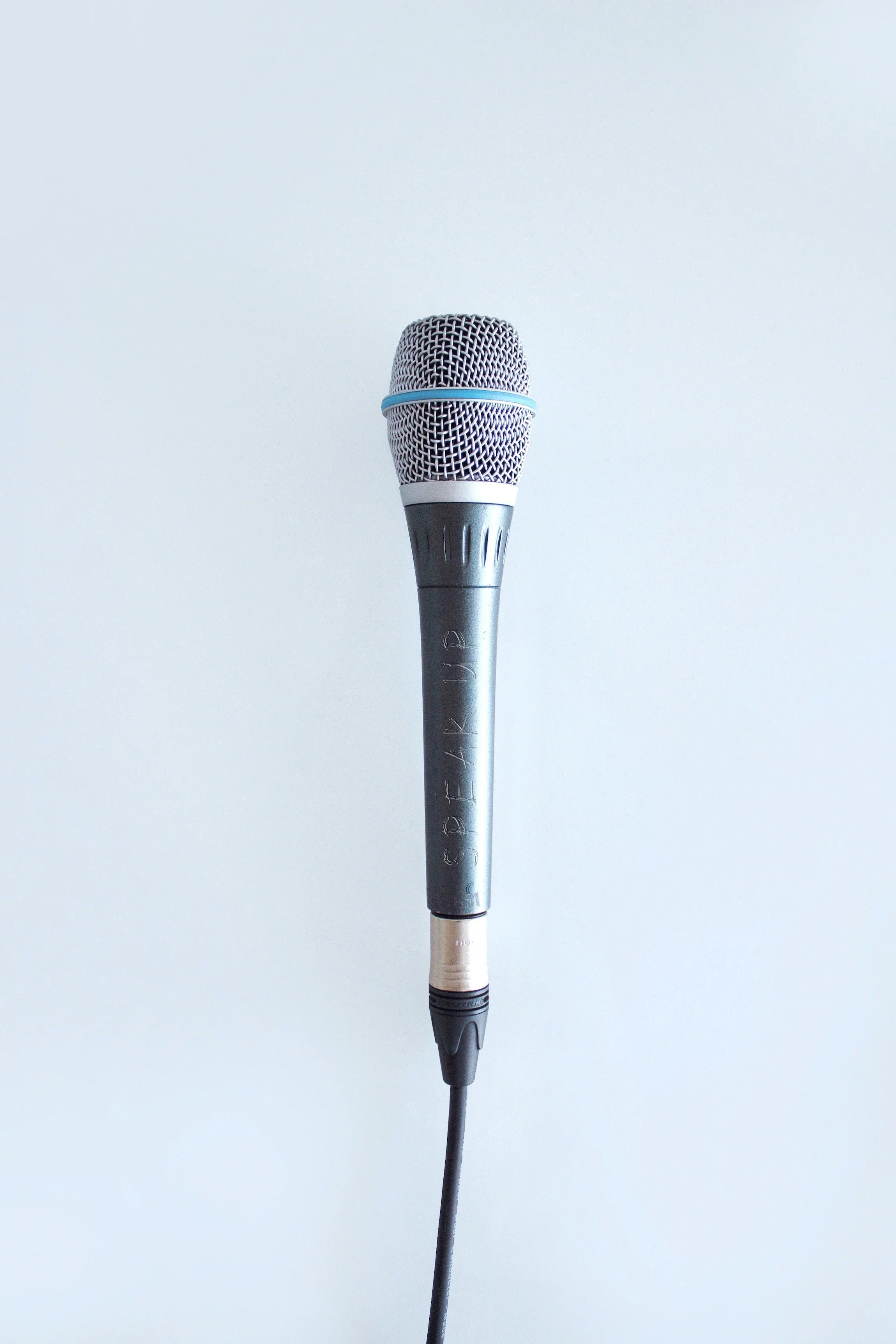Compensatory Control
Life is to be lived, not controlled.
– Ralph Ellison, Invisible Man
My friend used to say that the more kids you have, either the messier or the neater you become. For me, it’s definitely been the latter—I’ve gone from someone who didn’t even own a proper vacuum to someone who whips out a Dyson every few hours to catch crumbs and pet hairs. When the kids want to make me a surprise, they clean up their rooms. Cursory analysis would probably reveal that keeping my material world tidy is a response to the inevitable chaos of life with more bodies in the house. If I can’t control the messiness of emotions and interruptions and lessons and tasks, then at least I can keep our space spare and clean, even if that does mean a never-ending battle against dirt and entropy.
To some extent, that battle is a coping mechanism: I am compensating for my lack of control in one area of life by trying to control another area even more. If I’m bothered that I can’t get one thing right, I often get more easily and disproportionately bothered if I can’t get something else right. The anxiety carries over, too: my anxiety over not being able to control one thing makes me suddenly anxious about all kinds of other things.
The pandemic has been a good example of this. When I lost the ability to control many things I took for granted in life, there was the temptation to exert more control over whatever I could still influence. When schools closed, it was easy to get swept up in anxiety over finding the perfect alternative educational option. When we got a puppy, it was easy to have unrealistic expectations about how perfect her training should be.
And when my husband started being around at home more, I wanted him to be an accomplice to all this compensatory control. Somehow, I essentially came to wish that I was married to my own clone. I wanted him to see the home and function within it exactly the way I would, to have the same preferences, to be bothered by the same problems. I wanted him to read my mind. I wanted him to be an extension of myself so I could manage all the changes happening at home the way I could not manage changing everything we had lost. So it was easy to get bothered if he didn’t clear the table as quickly as I would have, or didn’t teach a lesson the same way.
Thank goodness he isn’t my duplicate! Thank goodness he’s around to call me out when I start to cope with control or displace my anxiety. When that is happening, I need to stop and realize my response is disproportionate or compensatory. Often that simple realization goes a long way, and it’s always the first step.
“I’m fairly convinced that the Kingdom of God is for the broken-hearted. You write of “powerlessness.” Join the club, we are not in control. God is.”
The rest of the process works out in varying ways. Sometimes what I need is to sit with the truth that God is asking me not to control but to steward, two things which are at odds when my focus on a task blinds me from seeing the beings around me. Sometimes I need space to grieve and feel the feelings. Sometimes I need to talk it out with someone who can ground me. But it always starts with seeing that my desire to control, or my level of anxiety, is a response to more than just the situation before me.
The truth is, there is a gift hidden in the loss of control. There is something to be gleaned from powerlessness. There is an identification of Christ and discovery of His kingdom. There is a revelation of incisive truths about ourselves. There is space for the exercise of faith. There is much to be received if we are willing to remain in that place long enough to see and receive it. And that begins with responding not by turning away from our powerlessness, but towards it.






